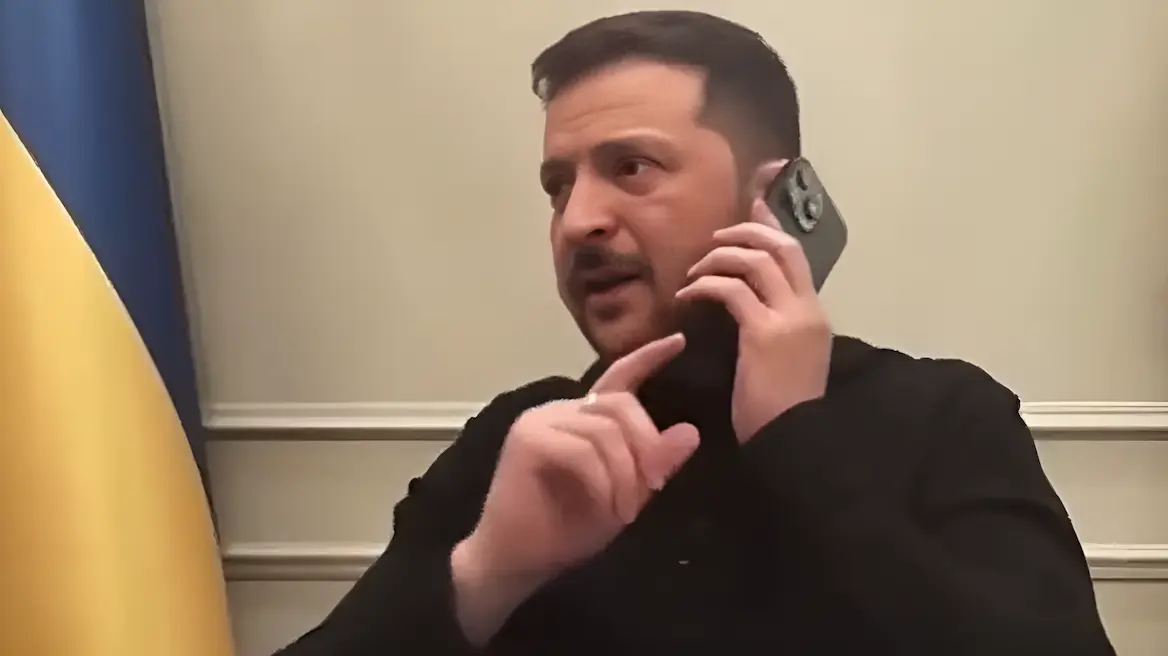
Between Oil and Obligation: Zelenskyy Urges Modi to Rethink Russia Ties
The Phone Call That Echoed Across Continents
Zelenskyy Call to Modi – On August 11, 2025, a diplomatic ripple spread across global headlines as Ukrainian President Volodymyr Zelenskyy held a pivotal phone conversation with PM Narendra Modi. The topic? Russian oil and its role in fuelling the war in Ukraine.
Zelenskyy’s message was clear and urgent: India’s continued import of Russian oil indirectly strengthens Moscow’s war chest. By purchasing discounted crude, India, alongside other major buyers—helps sustain Russia’s revenue stream, which in turn supports its military operations in Ukraine. Zelenskyy urged Modi to reconsider this economic relationship, framing it not just as a matter of trade, but as a moral and geopolitical decision.
Modi, while acknowledging the gravity of the situation, reiterated India’s longstanding position: a commitment to peace and diplomacy. He emphasized the need for an early and peaceful resolution to the conflict, and both leaders agreed to continue their dialogue at the upcoming UN General Assembly in September.
This exchange highlights the complex web of energy politics, national interests, and ethical diplomacy that defines the modern geopolitical landscape. It also raises a pressing question: Can economic pressure from global powers truly influence the trajectory of war?
India’s Energy Dilemma: Between Ethics and Economics
India’s energy strategy has long been guided by pragmatism. As one of the world’s fastest-growing economies, its demand for oil is immense and rising. Russian crude, often sold at discounted rates due to Western sanctions, presents an attractive option for India’s energy security and economic stability.
Since the onset of the Ukraine war, India has significantly increased its imports of Russian oil, becoming one of Moscow’s top buyers. This shift has drawn criticism from Western nations and Ukraine, who argue that such purchases undermine global efforts to isolate Russia economically.
However, India’s stance is rooted in its principle of strategic autonomy. New Delhi has consistently maintained that its foreign policy decisions are guided by national interest, not external pressure. While India has condemned civilian casualties and called for peace, it has stopped short of joining Western sanctions against Russia.
Modi’s response to Zelenskyy reflects this delicate balancing act. India seeks to maintain its energy needs without compromising its diplomatic relationships. The challenge lies in reconciling these priorities with the growing call for ethical responsibility in global trade.
The Global Impact: Oil, War, and the Power of Influence
Zelenskyy’s appeal to Modi is part of a broader strategy to cut off Russia’s financial lifelines. By urging major buyers to reduce oil imports, Ukraine hopes to weaken Russia’s ability to sustain its military campaign. This approach mirrors the West’s sanctions, which have targeted Russian banks, oligarchs, and energy exports.
But the effectiveness of such measures depends on global cooperation. Countries like China and India, which have not joined the sanctions regime, play a crucial role in determining their impact. If these nations continue to buy Russian oil, the sanctions lose their bite.
This dynamic underscore the limitations of economic warfare in a multipolar world. Unlike during the Cold War, today’s global order is not dominated by two superpowers. Instead, it features a complex array of actors with diverse interests and alliances. In this context, moral appeals must compete with economic realities.
Zelenskyy’s outreach to Modi is a recognition of India’s growing influence. As a leader of the Global South and a rising power on the world stage, India’s decisions carry weight. Whether it chooses to align more closely with Western efforts or chart its own course will shape the future of global diplomacy.
What’s Next: UN Assembly and the Road to Peace
The upcoming UN General Assembly in September offers a crucial platform for continued dialogue. Modi and Zelenskyy’s agreement to meet signals a willingness to engage constructively, even amid deep disagreements.
For Ukraine, the goal is clear: rally international support to isolate Russia and end the war. For India, the challenge is more nuanced, how to support peace without compromising its strategic interests.
This meeting could also serve as a litmus test for India’s evolving role in global conflict resolution. Will it emerge as a mediator, leveraging its ties with both Russia and the West? Or will it maintain its current stance, prioritizing economic pragmatism over political alignment?
The world will be watching. As energy prices fluctuate, alliances shift, and the human cost of war continues to mount, the decisions made by leaders like Modi and Zelenskyy will shape not just the fate of Ukraine, but the future of global diplomacy.
Also read – Sanctions or Sabotage? US Senator’s ‘Bone-Crushing’ Threat to India, China & Brazil Over Russian Oil
2 thoughts on “Fuelling Peace or War? Zelenskyy Call to Modi and the Battle Over Russian Oil”
Comments are closed.